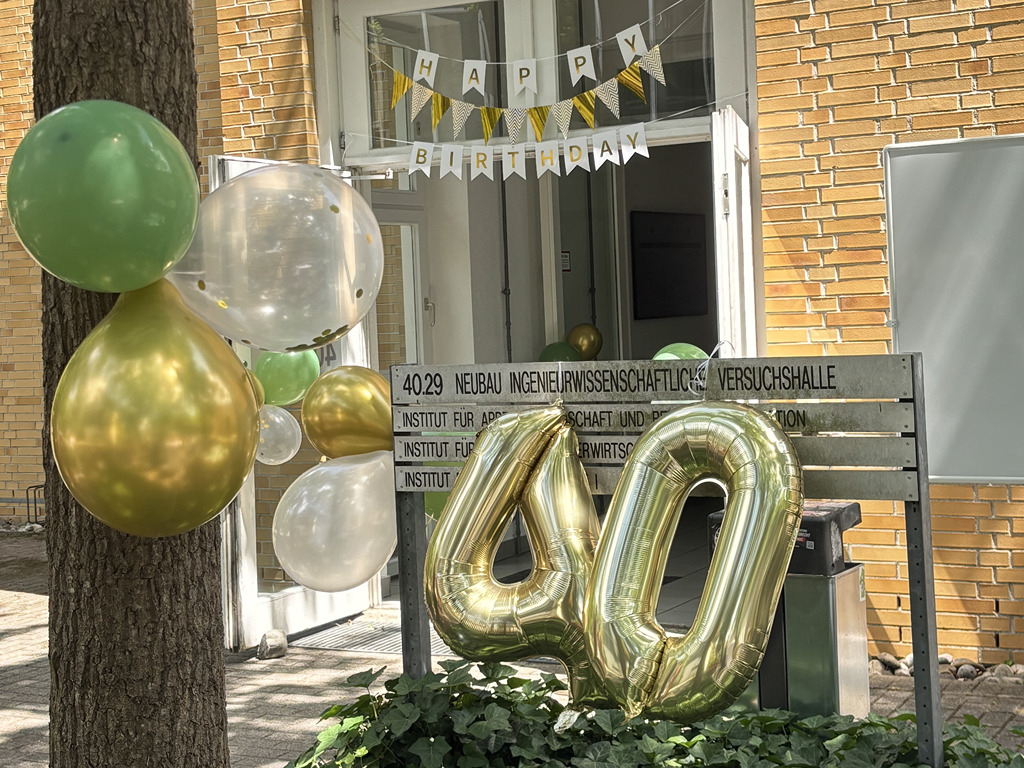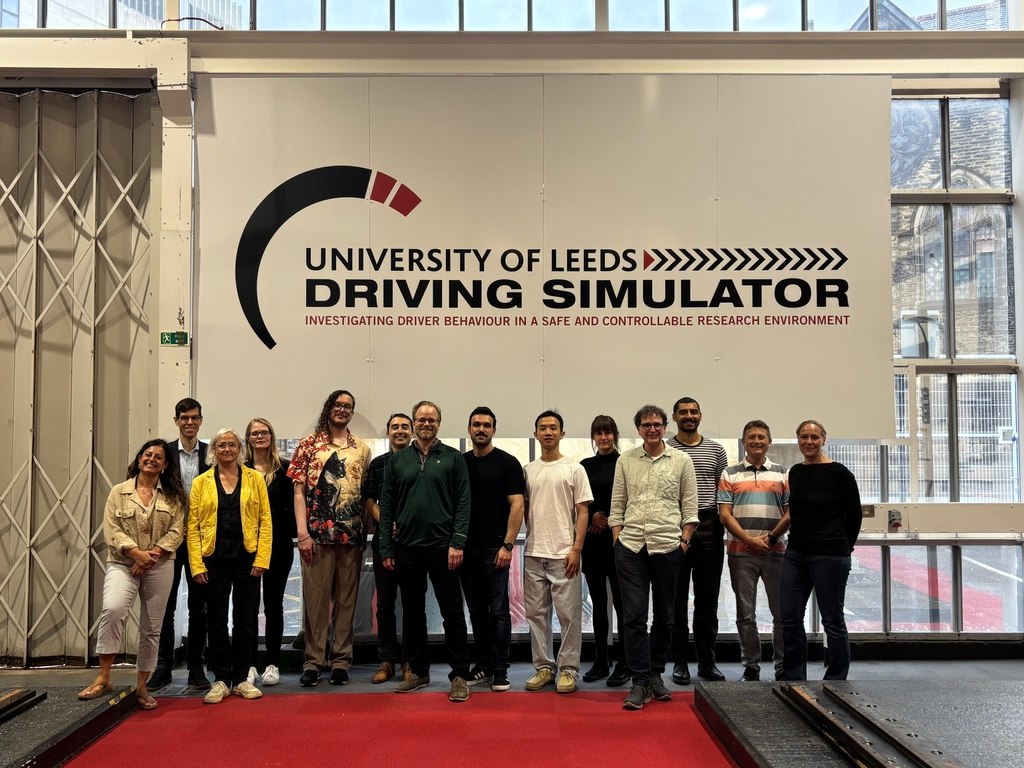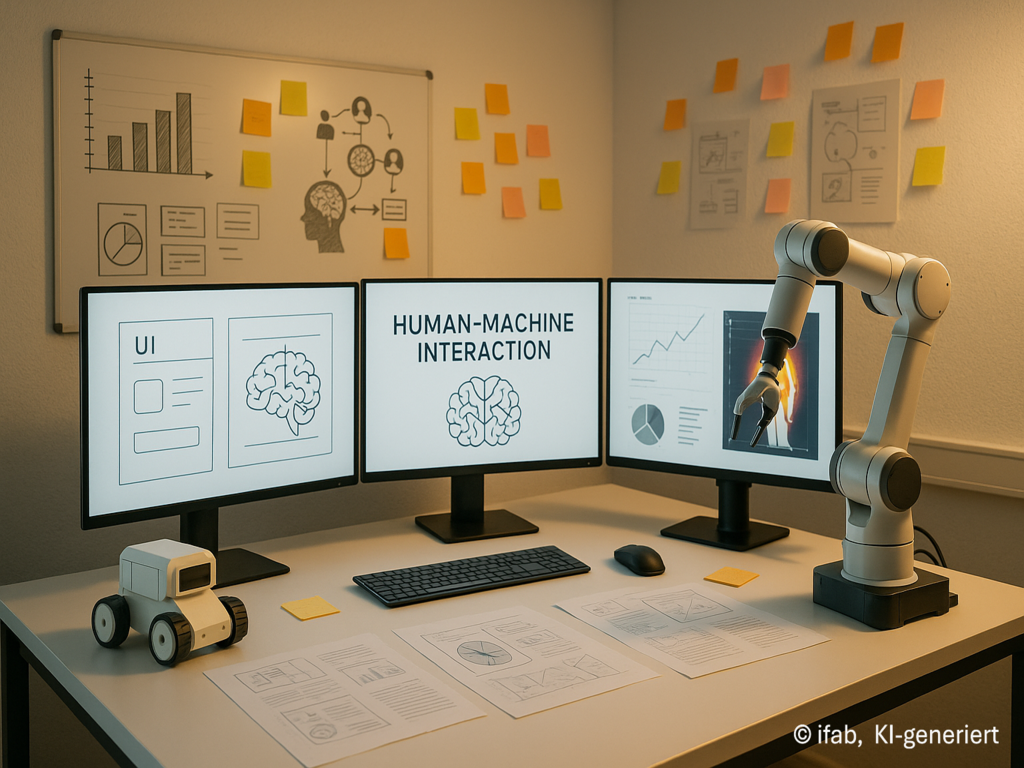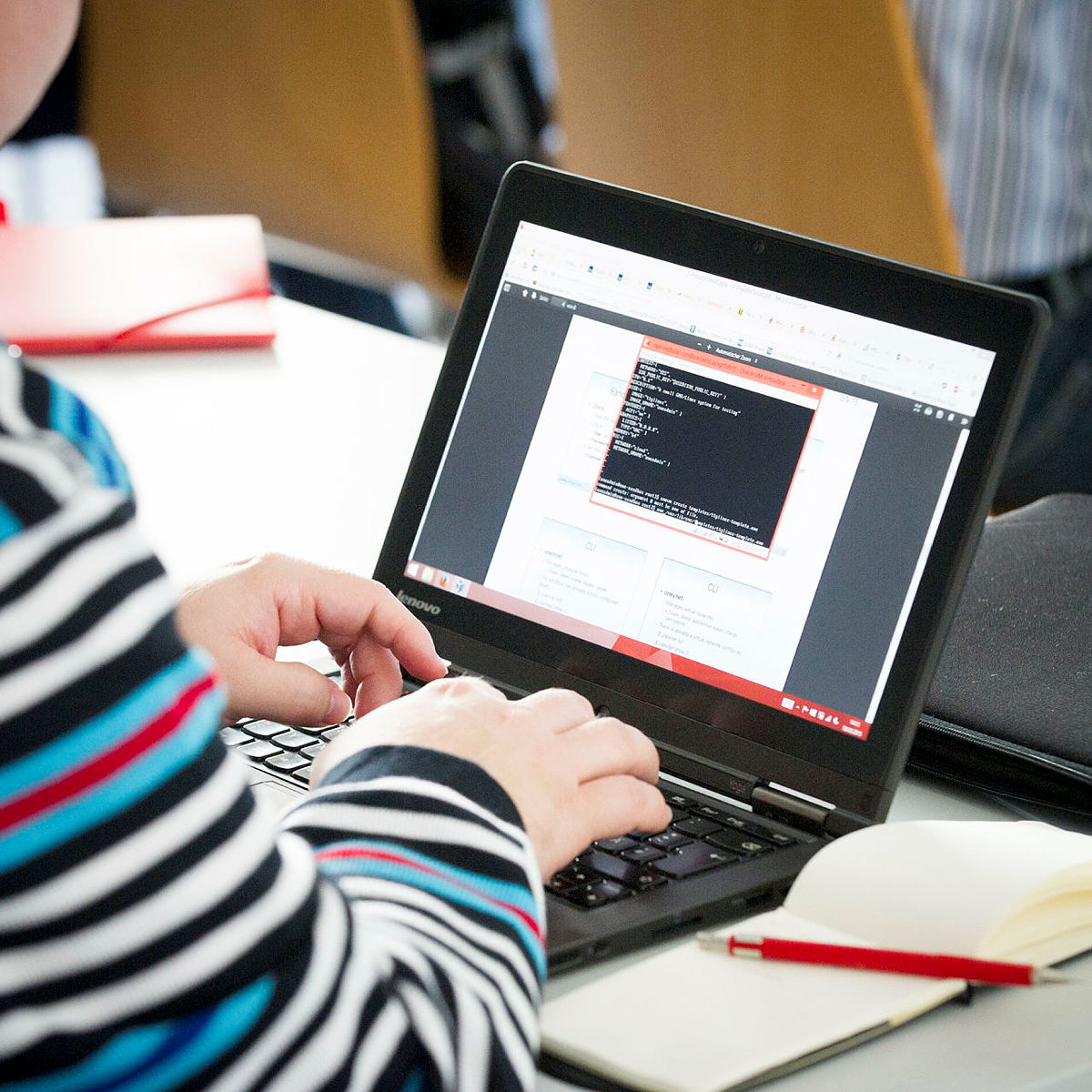The Institute for Human and Industrial Engineering (ifab) primarily employs psychologists and engineers. The aim of the interdisciplinary research and teaching activities is to design work systems that are technically functional, economically efficient and humane. The focus is on issues relating to human-machine interaction and work design as well as work organization.

What happens when a highly automated car gets stuck? The ifab has received GfA-NEXT project funding to investigate this. In our "SysTraTe" study, we are investigating the effect of different information in the interface during the teleoperation of highly automated vehicles and thus laying the foundation for human-centered workplace design. The laboratory study will start at the beginning of 2026 - we are excited about the results and look forward to presenting them at GfA 2027.
Link to GfA-NEXT funding
This year's "Smart Regulation" Winter School at the University of Graz focused on the interdisciplinary examination of the regulation of AI.
The topic was examined from a variety of perspectives - including legal, ethical and psychological.
The exchange within the AOWI psychology group was particularly exciting for our daily research work: study ideas, doctoral projects and current challenges were discussed intensively.
Link to Smart Regulation
_rdax_1024x768_98s.jpg)
We were at the biennial conference of the German Society for Psychology's sections for work, organizational and business psychology and engineering psychology. The conference motto of AOWI2025 was "Changing worlds of work: cooperation between people and technology". Among the highlights was definitely the discussion on the future of engineering psychology - how can we play an even greater role in shaping the future of technology?
AOWI 2025
The ifab has been around for four decades - and we celebrated in style!
A big thank you to all former and current employees who made this special day an unforgettable celebration with us.

As part of a workshop on "Automation and AI in Human Factors Engineering", we visited Prof. Natasha Merat from the Institute for Transport Studies in Leeds (UK). The program included not only an exciting lab tour and an exchange of ideas, but also a lively debate on the relevance of human factors engineering. There was plenty of time for networking during joint walks and meals. We look forward to a promising future collaboration!
International Excellence Fellowships of KIT
In our 4-12-week research internships, you can work directly on projects such as AI assistance systems, teleoperation or human-vehicle interaction. Whether literature research, experimental design or data analysis: you will gain valuable practical insights into research! Curious? Apply now and do research with us!
Link to the internship announcement_rdax_98.png)
As part of the mechanical engineering project, four female students at ifab developed a prototype for a smart worker assistance system in disassembly this semester. With a lot of initiative and a "hands on" mentality, they were also out and about in the field to gain real insights into the world of worker assistance systems. Technical support was provided by the SFB 1574 Kreislauffabrik, which supported the project with expertise in the field of circular value creation. The result: a well thought-out prototype, initial evaluation results and a great example of how theory, science and practice can come together!
Studium und Lehre am ifab

